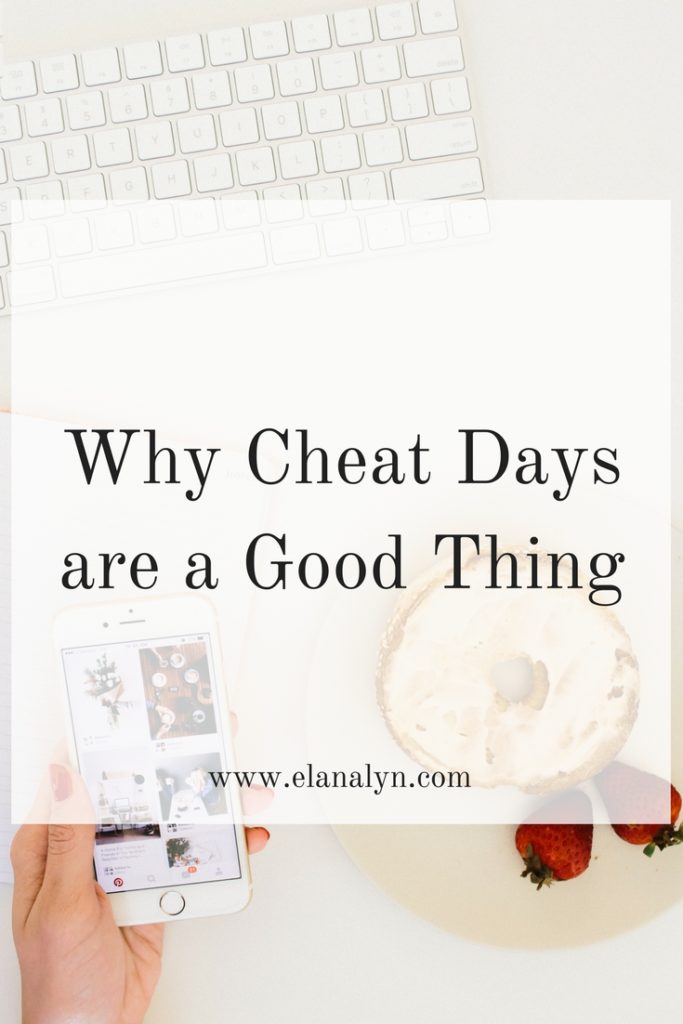“Cheat Day” is a popular term among dieters. I actually prefer the term “Treat Day,” since it has a more positive connotation and takes out the shame we associate with cheating. Setting aside a day on which you can enjoy your favorite treats can help you stay on track with healthy habits the rest of the time.
I was recently interviewed by Self for a story about how eating what you want can help you avoid gaining weight. There are a few reasons it may work. Knowing you can have something you want when you want it takes away the forbidden fruit element. That said, planning which day will be your treat day may help you turn down stuff that’s not worth it to you on other days. It also gives you something to look forward to and makes certain foods and eating occasions special, which may help you savor them more and experience greater satisfaction—key to long-term success.

Here are my basic Treat Day rules:
Be Consistent:
Make it a regular thing so you don’t have to wing it. A common mistake with people just starting to incorporate treat days is declaring it in the moment. This tends to lead to overindulging with a “damn it all to hell” approach. So how often should you schedule a treat day? I recommend weekly, bi-weekly, or monthly, depending on what feels right to you.
Go for Quality Over Quantity:
Eat what you really, really want—don’t waste your time (or calories) on a sub-par substitute. If you’re craving a favorite appetizer from a specific restaurant, actually go to the place where you know you can get what you want. If crinkle-cut French fries are your jam, don’t settle for shoestring. Trying to make do with a substitute will usually lead to your eating more in the long run as you struggle to hit the level of satisfaction you’re after.
Ditch the Food Guilt:
The whole idea behind a Treat Day is enjoyment and sustainable healthy eating. If you find yourself overthinking your choices or lying awake that night beating yourself up over what you ate, you might need to take a step back and consider whether this approach is helping you or making it harder for you to reach your goals.
Keep in mind that there are exceptions, and that’s okay. Some people may find it too hard to be moderate and get into a free-for-all pattern that may do more harm than good, especially if their self-esteem takes a hit after an overindulgent day. If that sounds like you, it may make more sense to make room for treats as part of your day-to-day diet. For example, skip bread at dinner to make room for a cocktail, or prioritize an ice cream cone by shunning sugary stuff and sticking to a small or kid-sized serving of your very favorite.
Remember, it’s all about finding a balance that makes you feel healthy and happy.
By Jessica Cording, MS, RD, CDN: Jessica is a registered dietitian and writer in NYC. She blogs at Keeping It Real Food.































